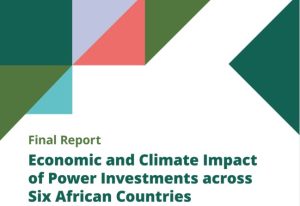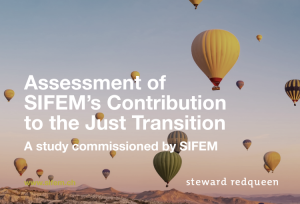Study on economic and climate impact of power investments in Africa for BII
We supported BII in assessing how power investments impact both economic development and climate outcomes across six African countries
British International Investment (BII) wanted to better understand the economic and climate trade-offs of different power investment options in its portfolio countries. The key question was how an additional megawatt of generation or grid infrastructure would affect GDP, reliability, and emissions across diverse country contexts. The research was an in-depth study of that was part of a larger impact evaluation of BII’s infrastructure portfolio, commissioned by the Foreign, Commonwealth & Development Office (FCDO) as part of the FCDO–BII Evaluation & Learning Programme.
We modelled the power systems of Côte d’Ivoire, Kenya, Mozambique, Senegal, South Africa, and Zambia. We combined system dispatch simulations with economic impact modelling using the Value of Lost Load (VoLL), and integrated climate metrics to quantify both GDP effects and GHG emissions per dollar invested. The work drew on local data, national utility planning, and international benchmarks to create a robust and comparable cross-country dataset. This allowed us to highlight both common patterns and context-specific differences that matter for investors.
The analysis provided BII with clear evidence on where different technologies create the highest development value, when thermal can still have a strong reliability case, and how grid and storage investments can outperform pure generation. By framing results per dollar invested, the study gave BII a transparent basis to compare options and sharpen its investment strategy. The insights also strengthen BII’s policy dialogue with governments and partners, helping position the institution as a thought leader on linking climate and development outcomes in power sector finance. Read the full report here.




















